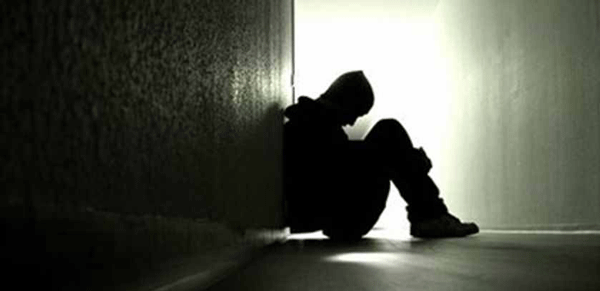Andrew Sullivan recently published an interesting piece in New York Magazine called, "The World Is Better Than Ever. Why Are We Miserable?" It is a topic I've written extensively about on this blog.
Sullivan wonders out loud if everything seems to be getting better, as Steven Pinker argues, why does everyone seem so unhappy? Why are drug use, anxiety, depression, loneliness so ubiquitous? It's a great question.
Sullivan's answer is
"As we have slowly and surely attained more progress, we have lost something that undergirds all of it: meaning, cohesion, and a different, deeper kind of happiness than the satiation of all our earthly needs. We’ve forgotten the human flourishing that comes from a common idea of virtue, and a concept of virtue that is based on our nature. This is the core of Deneen’s argument, and it rests on a different, classical, pre-liberal understanding of freedom. For most of the Ancients, freedom was freedom from our natural desires and material needs. It rested on a mastery of these deep, natural urges in favor of self-control, restraint, and education into virtue. It placed the community — the polis — ahead of the individual, and indeed could not conceive of the individual apart from the community into which he or she was born. They’d look at our freedom and see licentiousness, chaos, and slavery to desire. They’d predict misery not happiness to be the result."
In other words, our slavish pursuit of "freedom" and "individualism" has possibly made us freer, but it's a superficial freedom, one based on pleasure and materials. And we've sacrificed so much as a result of this freedom: community, religion, and a universal set of values. No one wonder we're all scared and sad all the time.
Sullivan argues that there is no going back,
"But, as Deneen understands, we are where we are. There is no going back. For our civilization, God is dead. Meaning is meaningless outside the satisfaction of our material wants and can become, at its very best, merely a form of awe at meaninglessness. We have no common concept of human flourishing apart from materialism, and therefore we stand alone."
I do think that for the majority of us, there is no returning. We cannot escape the culture we live in. As I said in other posts, advertising is central to making us more materialistic and unhappy. But we cannot run away from it. And it's possible that this materialism and slavish upholding of capitalist values will destroy the earth and make it uninhabitable.
It's hard to argue with any of this. And it's hard not to feel despair about it as well. But despair isn't the worst of feelings. Sartre once said that life begins on the other side of despair. If your life has lost hope then maybe we can all start to ask ourselves honestly: why the hell are we alive? What's the point? These are questions always worth asking, even if there isn't an answer.

